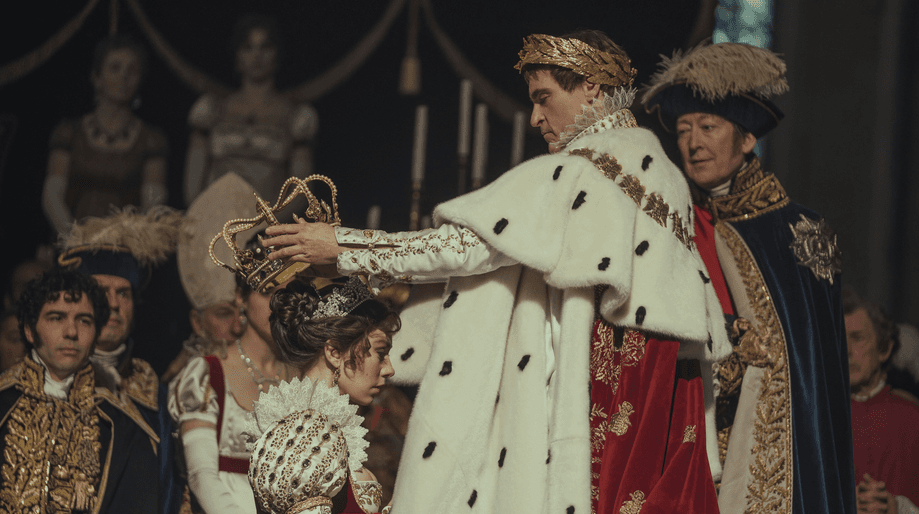Commentary
There are certain historical figures whose legacies are so great that they remain famous centuries after their death. Because of the lasting mark they left on the world, such people are frequently depicted in movies, television shows, and stage productions, even if half the times it’s in parody. At some point, you would think that there is nothing more to be said about a single person. However, Hollywood is unlikely to come to that conclusion anytime soon.





